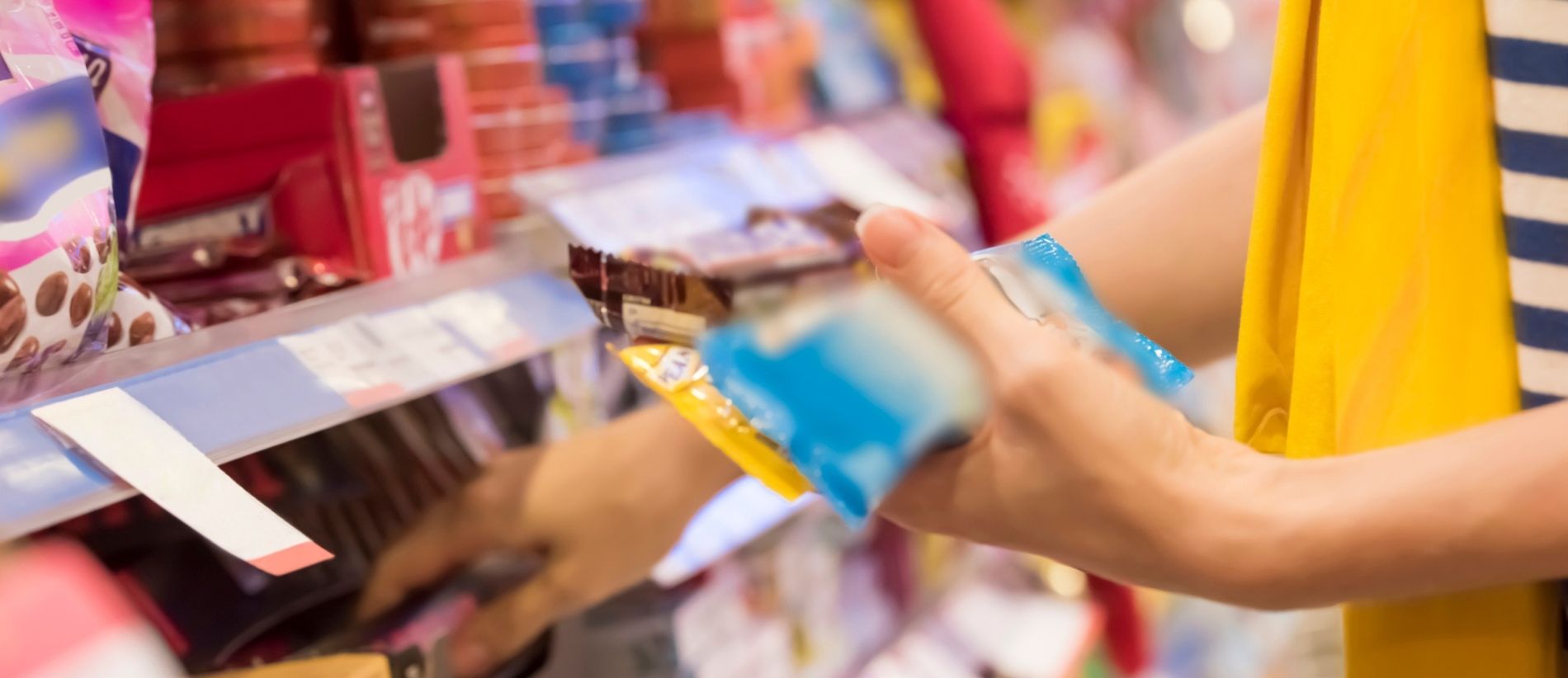An expensive product recall case is rattling the food and drinks sector and is likely to have consequences for the product recall insurance segment, both as a standalone product and integrated liability/financial loss combined coverage.
Health authorities in Europe have issued public health warnings about a multi-country outbreak of monophasic Salmonella Typhimurium linked to chocolate products made at a factory in Arlon, Belgium.
As of 8th April 2022, the European Centre for Disease Prevention and Control (ECDC) had identified (opens a new window) 150 cases (119 confirmed and 31 probable) in nine EU/EEA countries (Belgium, France, Germany, Ireland, Luxembourg, the Netherlands, Norway, Spain, and Sweden) and the UK. The ECDC has noted that most cases are children under 10 years of age, with many being hospitalised.
The background
In December 2021, Salmonella Typhimurium was detected in a buttermilk tank at the Belgian establishment during the manufacturer’s own checks, according to ECDC. The company implemented some hygiene measures and increased sampling and testing of the products and the processing environment. The company distributed the chocolate products across Europe and globally after negative Salmonella testing.
However, at the end of March 2022 scientists linked human infection cases to Belgium through advanced molecular typing techniques, proving the potential for bodily injury. The chocolate manufacturer, Italian confectionary group Ferrero, carried out a voluntary recall of specific products in various countries, including the popular Kinder chocolate range produced in the plant. On 8th April 2022, the food safety authority in Belgium performed official controls at the factory and withdrew the company’s authorisation for production. In addition, the company recalled all batches of products produced at the Arlon factory, regardless of their lot number or expiration date. Ferrero USA, Inc. has issued a voluntary recall (opens a new window) as well, including Kinder Happy Moments Chocolate Assortment and Kinder Mix Chocolate Treats basket.
ECDC and European Food Safety Authority (EFSA) experts have concluded that further investigations are needed at the production site in Arlon to identify the root cause, timing, and possible factors behind the contamination, including the evaluation of the possibility of the wider use of contaminated raw material in other processing plants.
A common event
Unfortunately, Salmonella outbreaks in food products are not rare. Israel-based candy manufacturer Strauss Israel has, for example, recalled several Elite branded confectionery (opens a new window) products at the end of April 2022 because of a suspected Salmonella contamination. From about 300 samples collected as of 1st May 2022, about 30 salmonella positive samples (opens a new window) have been detected.The recall included more than 100 Elite-branded items ranging from chocolate bars to chewing gum also sold outside Israel. Local authorities have shut down (opens a new window) the Elite factory in Nof Hagalil.
Furthermore, a US multistate outbreak of Salmonella Oranienburg infections linked to onions infected 1,040 people (opens a new window) as of January 20, 2022, in 39 states, the District of Columbia, and Puerto Rico. Of 778 people with information available, 260 (33%) were hospitalized.
The Centers for Disease Control and Prevention (CDC) estimates (opens a new window) Salmonella bacteria cause about 1.35 million infections, 26,500 hospitalizations, and 420 deaths in the United States every year. Food is the source for most of these illnesses.
A costly event
The cost of the Ferrero recall event is likely to exceed $60m since it is comparable to the Cadbury plant closure in 2007 where costs were estimated at $59m. The latter involved a recall of more than one million chocolate bars (opens a new window) in the UK and Irish markets. The Kinder candy series has a far greater distribution/product range than the Cadbury production affected 15 years ago. At time of publication of this article, the Ferrero Belgium plant remained closed. Revenue and business interruption losses are likely to spiral fast if Ferrero is unable to source the products from another plant.
There might be some valuable learnings for food manufacturers from the ongoing ECDC and EFSA investigations into the Ferrero factory contamination cause. Following the final report, manufacturers may want to reassess their own quality control processes. Furthermore, food manufacturers may want to reassess the contamination risk of their manufacturing sites and determine if their plant concentration and contamination risks are appropriately reflected in the insurance protection they have in place.
Insurance protection considerations
In the US and the UK nearly all food and drink companies buy coverage for liabilities and a separate policy for financial consequences of a recall/contamination event.
However, in the EU larger insurers regularly offer a single combined policy with more restrictive limits and breath of cover for the recall/contamination exposure, often at lower premium costs and self-insurance obligations. This strategy is likely to become unviable given the frequency and severity of losses from Salmonella and other bacterial contaminations.
In hindsight, a specialist standalone insurance policy as offered in the London Market would have been more appropriate for Ferrero. Transferring the risk as a standalone cover ensures that specialist brokers and underwriters have the specific expertise to assess the risk and identify gaps in coverage. It also ensures better transparency since it avoids mixing this distinct financial exposure with the liability coverage.
The Ferrero loss would have been quite sizeable for the niche product recall segment but manageable given the recent premium growth to over $600m of income. Following the Ferrero recall event, we do expect demand for standalone cover to increase as companies seek appropriate protection against this risk.
For further information, please contact:
Freddie Schlesinger ACII - Vice President
Product Recall & Reputational Risk
Crisis Management
M: +44 (0) 7769248552 |E: freddie.schlesinger@lockton.com (opens a new window)

